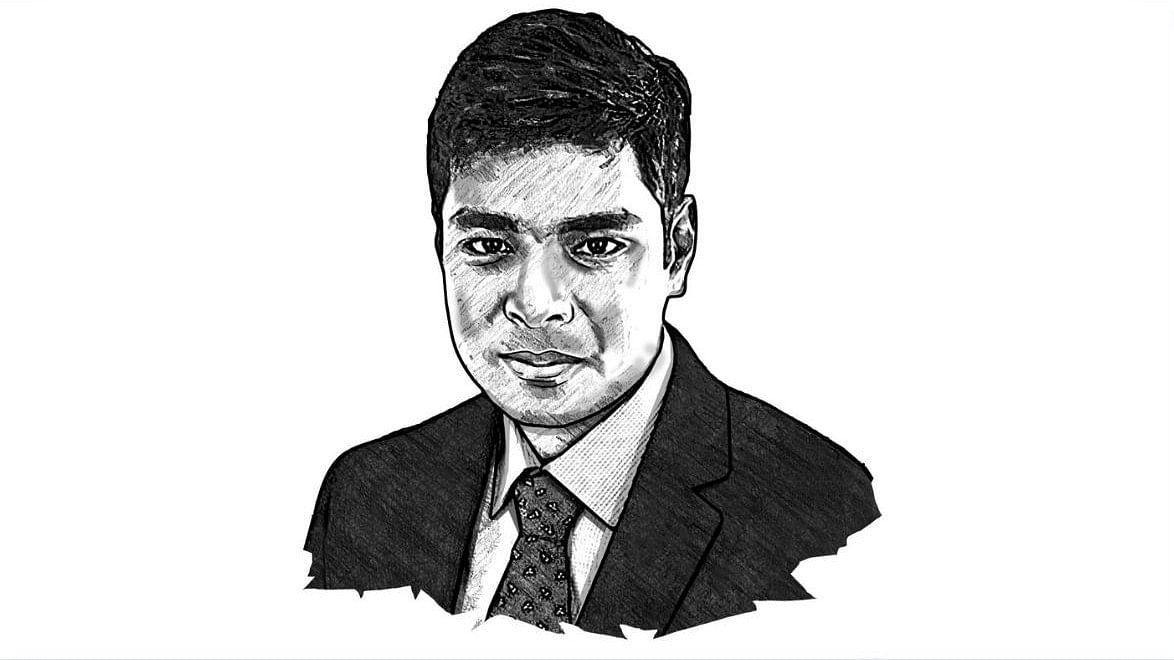
Mohamed Zeeshan is a student of all things global and, self-confessedly, master of none, notwithstanding his Columbia Master’s, a stint with the UN and with monarchs in the Middle East
Credit: DH Illustration
Dinesh Saklani, the head of the National Council of Educational Research and Training (NCERT), which prepares school-level textbooks in India, has argued that high school students should not have to learn about communal riots. “Why should we teach about riots in school textbooks?” Saklani asked, “We want to create positive citizens, not violent and depressed individuals.”
The immediate context for these comments was the NCERT’s decision to remove from its textbooks references to the 2002 Gujarat riots and the demolition of the Babri mosque. Saklani argued that these lessons would be “offensive [and] create hatred in society.”
If you’ve been reading this column regularly, you might recall that three years ago, I had, in fact, agreed with that logic. In a 2021 Z-Factor column titled “A case against History,” I had proposed that Indians should simply agree to bury the past and forget about it. I had cited the example of Rwanda, where people from across ethnic lines collectively decided to forget that country’s infamous genocide in the 1990s. Victims of the genocide refused to commemorate their losses because it brought back painful memories. People refused to ponder about it so that they could live with their neighbours without being haunted by their possible role in the violence.
Yet, this approach only works if all of society decides to turn the page on violence. In parts of the world where violence was so widespread and gruesome that it scarred the mind, peace was made possible because memories of that pain brought people together. The costs of the two World Wars, for instance, made the European Union possible. Germany, which had until then had a long and storied history of warring with its neighbours, is today the most vocal champion of a pan-European identity.
By contrast, India has made a habit of identity-based violence. According to data from the National Crime Records Bureau, India sees tens of thousands of incidents of rioting each year, including hundreds of cases driven by religious or caste identity. In recent years, ethnic violence has gripped places as diverse as Manipur and Delhi.
But since communal riots are often localised, Indians have never had a nationwide reckoning of why they happen so often. Continued rioting has been reinforced by rising social bias and plummeting social trust. In 2021, a Pew survey found that only 23 per cent of Hindus and 29 per cent of Muslims felt that Hindus and Muslims had much in common with each other. 45 per cent of Hindus did not want to live next door to a non-Hindu neighbour. For Muslims, that figure was 36 per cent.
In his comments this month, the NCERT chief rhetorically asked whether teaching about riots is the purpose of education. I would argue that countering these social biases should be the purpose of education.
In that regard, the example I would cite for India is not Rwanda, but Singapore -- another country born out of bloody ethnic riots. In 1995, Singapore’s then Prime Minister Goh Chok Tong announced that the national curriculum will teach students about the horrors of the 1964 race riots between ethnic Malays and Chinese, which had resulted in Singapore’s partition from Malaysia. Goh argued that this was necessary so that younger Singaporeans would recognise “what dangers lie just off the highway” and not “trip up over sensitive issues of race, language and religion.” The resultant curriculum aimed to educate young students about the domestic fault lines that can cause violence.
Perhaps Indians need to do that, too. Today more than ever, Indians must recognise what causes violence and how they can avoid it. And maybe it’s also time to re-learn the essence of that dirty word, ‘secularism’.